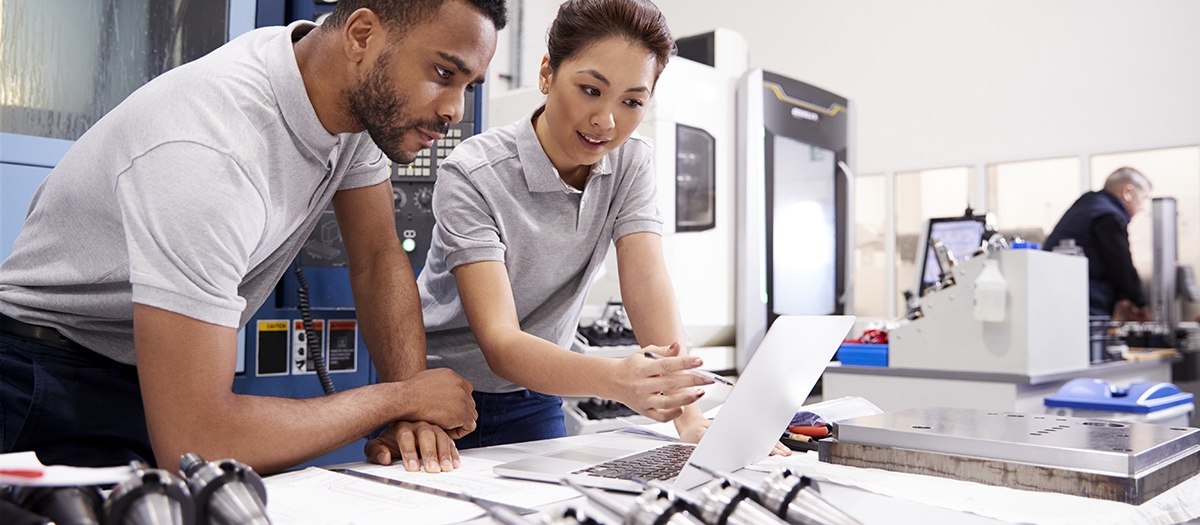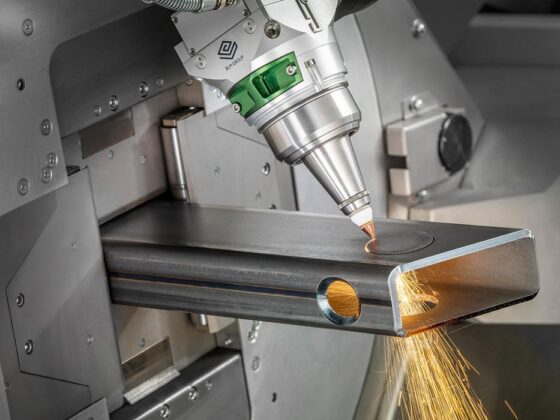As the automotive industry continues to evolve, so does the importance of reliable testing. Automotive testing is essential for ensuring vehicles are safe and efficient when they hit the road.
From manufacturers to regulators, every aspect of car production hinges on accurate and thorough tests being conducted. But what role does automotive testing play in revving up reliability? This article dives deep into the vital role that automotive testing plays in today’s cars, from design and engineering all the way through to compliance regulations. Find out how this crucial element impacts our roads and why it deserves more attention than ever before.
The Importance of Automotive Testing

The development of automobiles has been an ever-evolving process, and automotive testing is a critical component in guaranteeing the reliability of these vehicles. Automotive testing ensures that cars meet safety standards and helps to protect drivers from potential hazards on the road.
Without thorough testing, manufacturers would not be able to guarantee their customers peace of mind when purchasing new vehicles. Automotive tests also provide extensive data about a car’s performance under various conditions.
This information can be used to develop improvements for existing models or even create entirely new designs with better features and capabilities. Testing also helps identify issues with components such as brakes or suspension systems before they become costly problems down the line.
Finally, automotive testing plays an important role in determining environmental friendliness – something which is becoming increasingly important for consumers today. By running tests to measure fuel efficiency and emissions output, manufacturers can produce cars that are more energy efficient while still being reliable at the same time.
In conclusion, automotive testing is essential for ensuring reliability and safety on our roads, providing valuable data for product improvement initiatives, plus helping us all reduce our environmental footprint by creating more efficient vehicles – making it clear why revving up reliability through automotive testing is so vital!
Key Benefits of Automotive Testing for Vehicle Reliability

Automotive testing plays a vital role in improving vehicle reliability. It allows manufacturers to identify any potential issues before they become problems and can lead to significant cost savings over the lifetime of the car.
Key benefits of automotive testing include:
1. Enhanced Safety – Automotive tests help ensure that vehicles meet safety standards, reducing the risk of accidents caused by faulty components or design flaws. This helps protect drivers and pedestrians alike from potentially catastrophic consequences due to malfunctioning parts or systems failure.
2. Improved Reliability – Automotive testing also helps reduce breakdowns and other issues that could affect performance, ensuring cars keep running smoothly for longer periods with less maintenance required than if no tests were conducted at all.
3. Reduced Costs – By finding and resolving problems early on during automotive testing, manufacturers can save costs associated with replacing defective parts later down the line, as well as avoid costly recalls due to technical failures in production runs or customer complaints about their vehicles’ performance after purchase.
4. Increased Efficiency – With proper analysis during automotive tests, engineers can gain insight into how certain components interact with each other which can be used when designing new models or enhancing existing ones for improved efficiency while still meeting safety requirements set by governing agencies.
Ensuring Quality with Automotive Testing Standards

Ensuring the highest standards of quality in automotive testing is paramount to upholding safe and reliable vehicles. Automotive testing has become increasingly sophisticated, allowing for greater accuracy and precision when assessing the condition of a car or truck.
Testing standards are necessary to ensure that any faults or defects can be properly identified before they lead to potential safety risks. To achieve this, these standards need to include specific criteria regarding how tests should be conducted, what materials should be used, and the expected results from each test.
With comprehensive automotive testing standards in place, manufacturers can guarantee their customers’ satisfaction by ensuring that all vehicles meet high levels of reliability and performance. As such, it is essential for organizations actively involved in automotive production and maintenance to remain up-to-date with these regulations so as not only to protect consumer safety but also to provide peace of mind about product quality assurance.
Preparing Vehicles for the Road: Essential Tests to Ensure Reliability

Preparing vehicles for the road can be an arduous process, but it is essential to guarantee reliability. Automotive testing plays a vital role in this process, as ensuring all components are functioning correctly before taking to the open road is crucial.
To achieve maximum reliability and safety, several tests should be conducted regularly. These include brake system inspection, tire pressure checkup, suspension analysis, and oil level top-ups – each of which should be performed by certified professionals with access to quality equipment.
Additionally, vehicle owners must ensure they regularly inspect their vehicles from bumper to bumper for any signs of wear or damage that could compromise their performance on the roads. By following these simple steps and undergoing regular automotive testing procedures, drivers can rest assured that their vehicle will remain reliable throughout its lifespan – keeping them safe in all conditions.
Conclusion

Automotive testing plays a vital role in ensuring the reliability of vehicles. It is important to regularly check and maintain your vehicle, especially when it comes to safety.
Automotive testing helps identify potential issues before they become major problems that can cause accidents or costly repairs. Automobile manufacturers rely on automotive testing to provide reliable vehicles that meet customer expectations and industry standards for performance, quality, and safety.
When it comes to revving up the reliability of automobiles, automotive testing is an essential component of the process.


